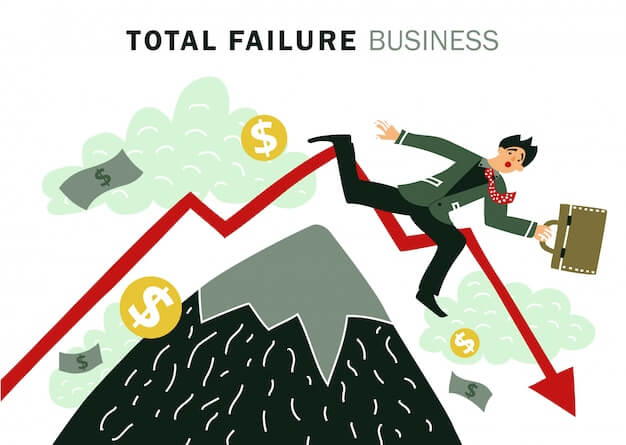No matter what industry you are in, if you are a first-time entrepreneur, there are always going to be some tricky things in front of you. You certainly need to go forward without any hesitation. Here, I would like to pay tribute to the courage of these entrepreneurs. But that doesn't mean they can overcome all kinds of difficulties, so follow me below.

1, Unable to foresee the escalation of difficulties
When the word difficulty pops into your head, you always wish it could have stayed away, at least, literally. In reality difficulties escalate at an alarming rate and you will go through the following stages: reflecting on your idea and validating yourself; asking people around you, but not necessarily those who are knowledgeable; sharing with people who have similar ideas to yours; market research; finding some partners (any type of supplier) who are willing to pay for it; communicating with potential prospects; and talking to potential investors.

If you don't understand the level of difficulty at each stage, you will be caught off guard when you are at the relevant stage and end up failing miserably.
2, Progress is confusing
There is always a lot to do in a startup, and you can certainly take the initiative to do a lot of things. In fact, many times startups will start doing things without communicating with potential customers. The interesting thing is that doing so often creates work that leads to more work. For example, when you decide to file on five patents instead of one, some work is created, and that work then creates more work, such as when you need to go to the US Patent and Trademark Office and make related enquiries, and those enquiries further create more other work.
Sadly, you may already be starting to feel overwhelmed by the progress of some of this work. Generally, if a measure is used to assess some work that is not creating value for the client, these need to be questioned, and indeed for work that has no exit direction.
3, Lack of worthwhile achievements
Unless you have developed an amazing product, you have to work towards this and develop a signature product which will give you credibility. Some people should easily understand this, and for the purposes of this they will think you are the one to take the business forward, and if they don't trust you, by extension, they won't trust the start-up either.
People tend to judge a book by its cover, whereas business founders rely on those worthwhile achievements they have made before. You can prepare yourself now.

4, Not clear on what not to do
Time is the most precious asset you have, and while it's important for you to know what you should be doing, it's even more important to know what you shouldn't be doing. So how can you tell?
The answer comes from experience.
But if you are a first-time entrepreneur, then that means no experience to speak of, and at this point you need to keep learning from the people around you and be helped by their experience.
5, Passing the buck
It's great if you can call spades in a row at the table. But when you make a mistake, or face a setback, you have to be quick to admit that you messed up and then sort yourself out and move on to the next step. If, in an uncomfortable state, you choose to pass the buck, the result is a lose-lose situation. And, if you are surrounded by smart people, they will see through your tricks, and if you are not surrounded by smart people, needless to say, you must have a bunch of big problems on your hands by now.

It's not going to be a smooth road for your first foray into entrepreneurship, but that's part of growing up. If you don't put yourself down, then not only will you hurt yourself, but you will hurt the people around you.
6, Trying to quickly compensate for weaknesses
When you first start a business, you will all want to make up for your weaknesses quickly, but this is like changing the tyres on a moving car. There is no trial run-in entrepreneurship, everything is real. If you want to win in the entrepreneurial game, the only way is to play to your strengths and work on your strengths and your team so that you can compensate for your weaknesses.
7, Believe in being in control
There is only a thin line between confidence and arrogance. Your arrogance may make you look confident until you become humble. There is an old African saying that aptly describes this state of affairs, which probably means, "If you want to go fast, then go alone; if you want to go far, then everyone goes together." Entrepreneurship is a long-term game, and not a game you play alone, and if you think you can control everything, then it's a myth. Of course, I believe you should be smart enough to understand this.
As you have already guessed, there are many obstacles along the way. Whatever adventure you undertake, starting your own business is a mind-blowing experience that will allow you to grow quickly.















